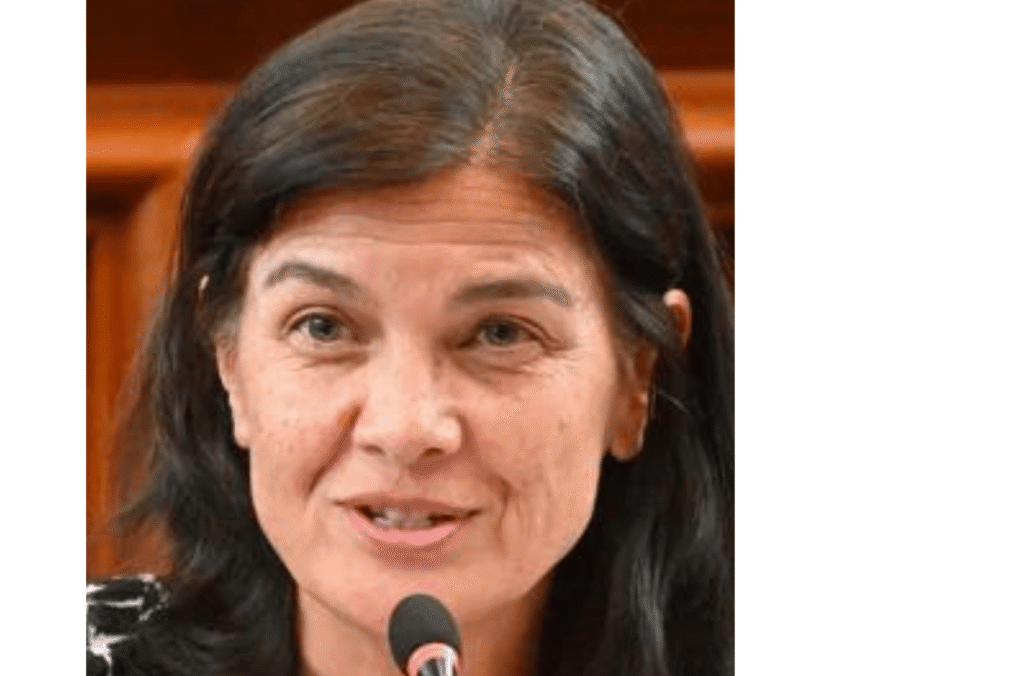HAGÅTÑA (The Guam Daily Post) — Two bills competing to determine the location of a new public hospital or medical campus on Guam both made it past debate at the Guam Legislature on Wednesday and are now waiting to be voted on later in session.
The measures are Bill 184-37 and Bill 185-37.
Bill 184 would facilitate the sale or lease of Guam Ancestral Lands Commission property in Barrigada and Mangilao for the purpose of constructing a new medical complex, to include a new public hospital and other medical facilities.
Gov. Lou Leon Guerrero, whose administration is pushing for the construction of the medical campus, introduced Bill 184 last year. The measure was amended in committee, and it now requires legislative approval of final sale terms and of lease terms exceeding 50 years.
Following Bill 184’s introduction, Sen. Chris Barnett introduced Bill 185, which would ensure that any hospital constructed under the previously enacted Guam 21st Century Healthcare Center Act will be built in Tamuning.
Barnett stated during session that Bill 185 was actually drafted one month before Bill 184 was introduced, but Bill 185 was introduced later due to needing to first address school issues. Barnett leads the legislative committee overseeing education, and he added Wednesday that Bill 185 was not introduced in bad faith.
Bill 185 was also amended in committee, specifying that the hospital can be built on lots owned by the Chamorro Land Trust Commission at Ypao Point, the location preferred by medical groups and various individual medical professionals. Many clinics already exist in Tamuning, where the current public hospital, the Guam Memorial Hospital, is located.
“I don’t know if we’re going to pass both of these measures, or I don’t know if both of them are going to fail to pass. But whatever happens, as long as we do our job, I think we can move forward as a body. And so, as I’ve always said, the facts favor Ypao,” Barnett said Wednesday, as he delivered opening statements on Bill 185.
The measure was further amended on the session floor to exempt the sale or lease of the Ypao Point lots from requirements involving the separate consideration of land bills.
Ahead of Wednesday’s debate on the hospital location bills, the Office of the Governor issued a press release Tuesday night urging support for Bill 184. Adelup argued that the total acreage of the lots identified in Bill 185 would be too small to build a medical complex.
“Even if the governor is forced to build a stand-alone hospital at Ypao Point and abandon plans to build a medical complex that includes a new public health building, behavioral health building, and veterans clinic, there still won’t be sufficient room for future growth. The area at Ypao Point is too congested and tight,” Adelup stated in the release.
The governor’s office also argued various points regarding accommodations that could be made for Ypao Point. According to Adelup, other medical facilities could be built separate from the hospital, but that would mean less efficient continuity of care. Adelup also stated that engineers could find ways to build on the property despite a fault line and caves lying underneath, but that would cost more.
More money could also be spent installing new water and sewer infrastructure at Ypao Point, but that would “significantly increase traffic at the mouth of our tourism district,” Adelup stated in the release. Finally, the governor’s office questioned what would happen in three or four decades when more space is needed, despite building up on the property.
Barnett said Wednesday that he believed building at Ypao Point would be the quickest and most prudent way to meet the island’s health care needs, before addressing the release from the governor’s office.
“There’s a press release that had come out of Adelup last night again that asked the question, ‘Why should we limit ourselves?’” Barnett said.
“Our people out there are saying we can’t even manage and maintain the Guam Memorial Hospital, and yet we are asking for their permission to build a billion-dollar medical complex out in the middle of (the) back road (to Andersen Air Force Base). And it’s not about limiting ourselves, it’s about making sure we deal with what’s on our plate,” the senator added.
Building at Ypao Point will be cheaper, Barnett said, noting the difference between the $26 million cost to upgrade infrastructure at Ypao Point versus $100 million at the Barrigada and Mangilao location.
According to Speaker Therese Terlaje, the governor advised that if federal funding is available for the medical complex, it will be available regardless of location.
Some senators spoke out against Bill 184 during the debate on the measure. Sen. Telo Taitague, for example, stated that Guam stands to lose physicians if Bill 184 is enacted.
“Did anybody stop to think about the cost of the private sector, the health care community that supports (GMH), … the millions and millions of dollars that were spent in an area to support where the hospital is today and how much it’s going to cost them to move their facilities? And most especially, how many of them are going to give up and say, ‘That’s it. I’m done.’ … I’m hearing already certain health care facilities are being put up for sale,” Taitague said.
But Bill 184 isn’t without its supporters in the Legislature, as some did speak in favor of the measure.
Sen. Thomas Fisher said Congress placed health care in the hands of the executive branch through the Organic Act of Guam.
“The 37th Guam Legislature seems to have some sort of an imperial streak that leads us to believe that we can control every aspect of the executive branch. I suppose it won’t be too long before we’ll be reaching into the Judiciary (of Guam). This is not our place, colleagues,” Fisher said.
The speaker, under a point of information, made note of an attorney general’s opinion stating that the Legislature may determine whether a hospital should exist, where and how large it should be, as well as other matters, but the Legislature may not negate the command of the Organic Act that ultimate responsibility for the governance of the hospital be with the governor.
Fisher asked that Terlaje’s remarks be struck.
“That was no point of information, that was merely advocacy for a position,” he said. Taitague later asked that Terlaje’s statements remain on record.
Despite the extensive debate on both measures, Bill 184 and Bill 185 were added to the voting file without objection.
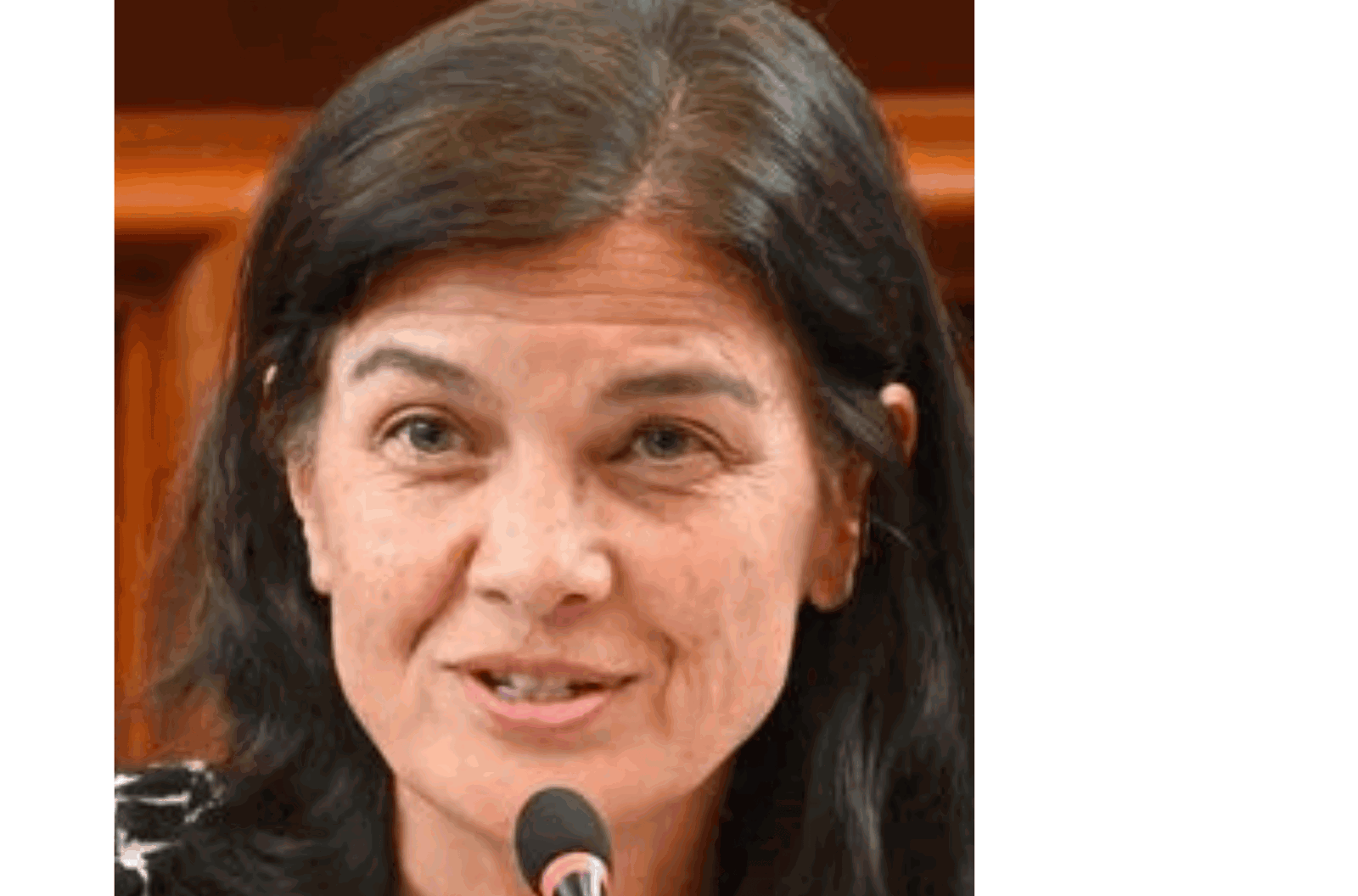
Therese Terlaje
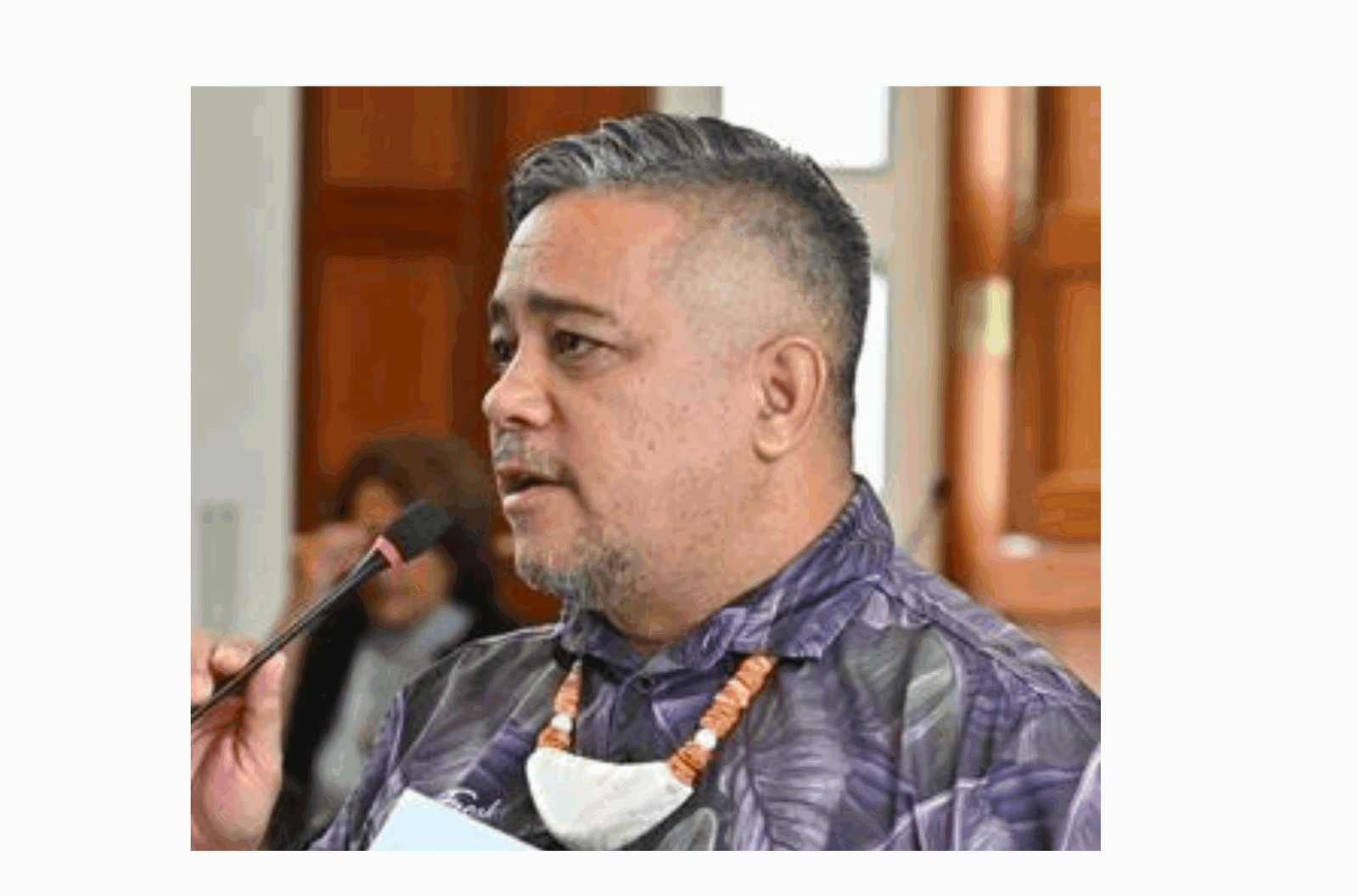
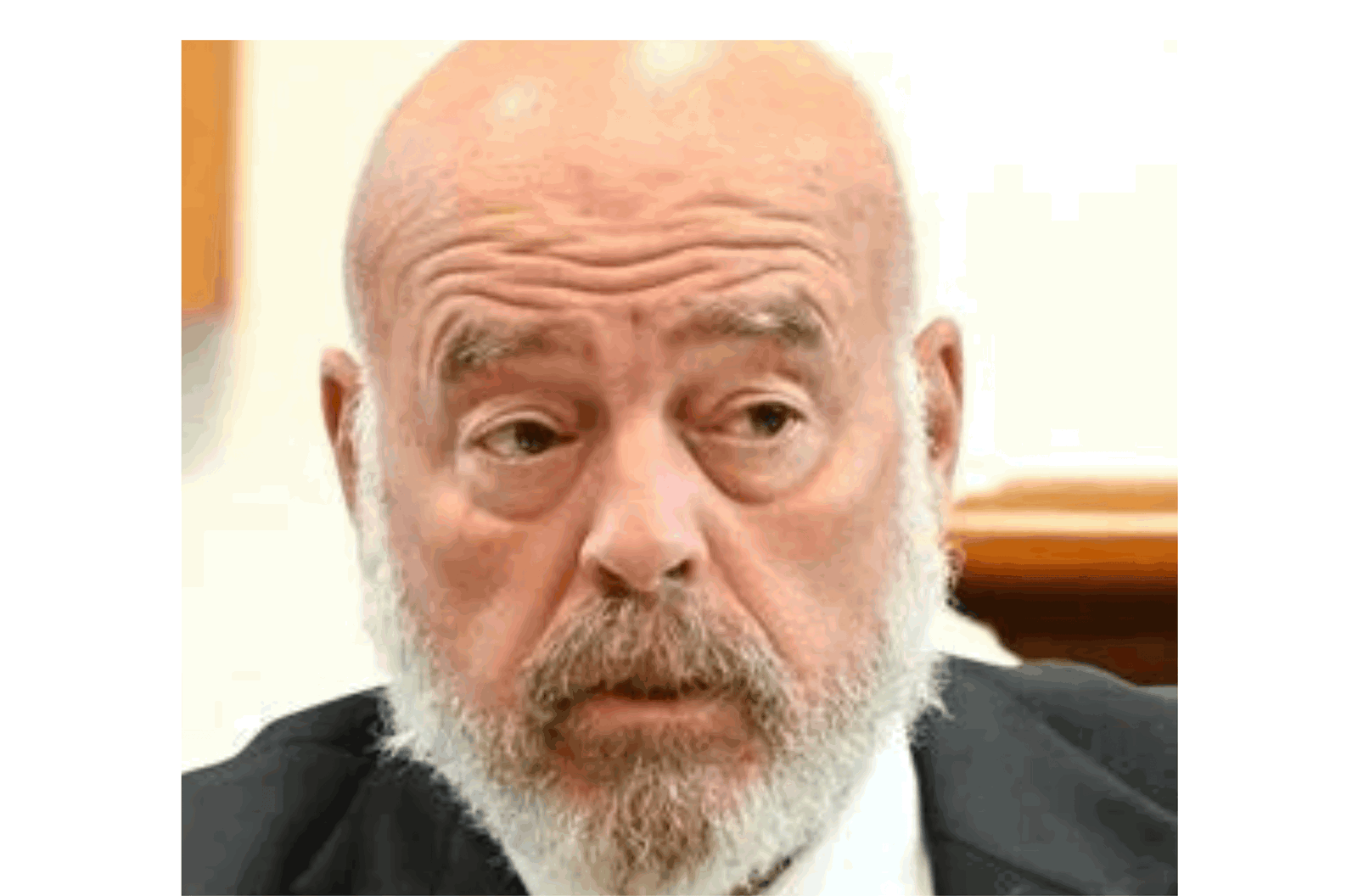
Thomas Fisher
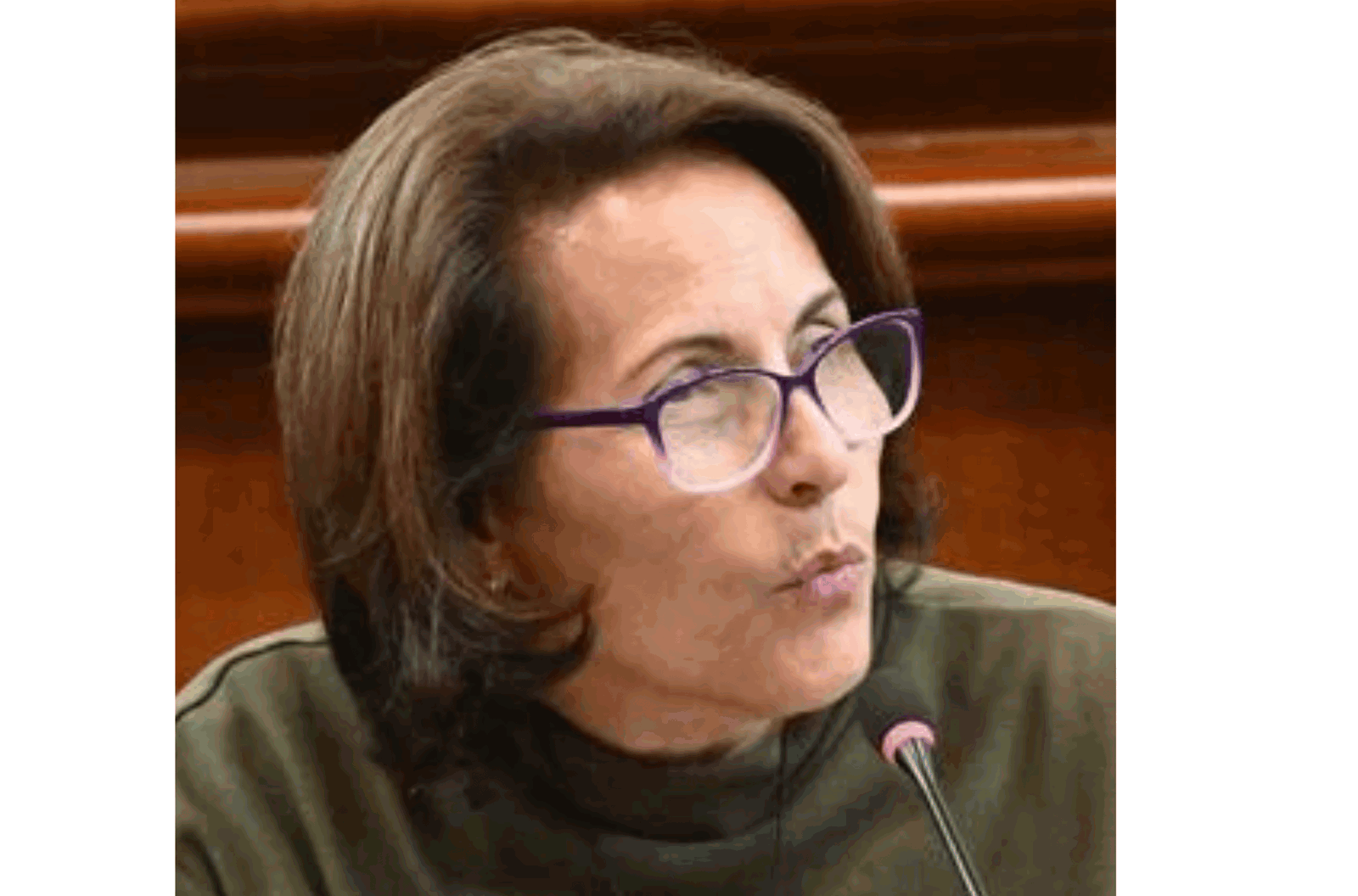
Telo Taitague









